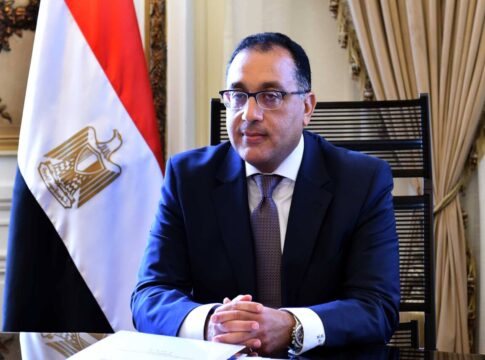At the forefront of the Egyptian government’s economic reform plan and private sector empowerment, the government has set its sights on privatizing several state-owned enterprises, within this initiative are “Safi” and “Wataniya,” whose initial public offering (IPO) processes were recently reviewed by Prime Minister Mostafa Madbouly. This meeting aligns with the broader agenda to list at least ten government companies by mid-2025, as reported earlier by the Middle East Observer.
The Egyptian government’s privatization agenda is not just about listing companies; it’s a critical component of the “State Ownership Policy Document,” indicating a structured approach to enhancing private sector participation in the national economy. As Finance Minister Ahmed Kouchouk emphasized, this step is vital for the economic reform program, aiming to invigorate private investment and stimulate economic growth.
The listing of military-affiliated companies such as “Safi” and “Wataniya” is particularly noteworthy. These entities are part of the National Service Projects Organization, which plays a significant role in Egypt’s economic landscape. Major General Magdy Anwar, who directs this organization, assured stakeholders that preparations for these companies’ offerings are on track.
In the short term, these IPOs are expected to inject liquidity into the Egyptian stock market, potentially boosting investor confidence and attracting foreign investment. According to a 2023 report by the Egyptian Exchange, such listings can enhance market capitalization and provide a more diversified investment base.
Looking further ahead, the privatization drive is anticipated to enhance efficiency and competitiveness among the listed companies. A study by the International Finance Corporation suggests that privatization often leads to improved management practices and operational efficiencies, contributing to long-term economic resilience.
Moreover, the inclusion of energy and industrial sector companies, such as the Gabal El-Zeit wind power station and the Chemical Industries Development (CID), highlights a strategic diversification effort.
Minister of Investment and Foreign Trade Hassan El-Khatib highlighted the role of the Sovereign Fund of Egypt in this process, coordinating with various authorities to ensure a smooth transition. The fund’s involvement underscores a measured approach to safeguarding national interests while promoting private sector growth.
The planned offerings, including financial institutions like Alexandria bank and Banque du Caire, signal a comprehensive strategy to revitalize the banking sector. The successful IPO of United Bank sets a precedent, suggesting a promising trajectory for upcoming listings.
Egypt’s ambitious privatization program represents a pivotal shift towards a more dynamic and inclusive economy. By opening up military and state-owned enterprises to private investment, the government is not only addressing immediate economic challenges but also laying the foundations for sustainable growth.


